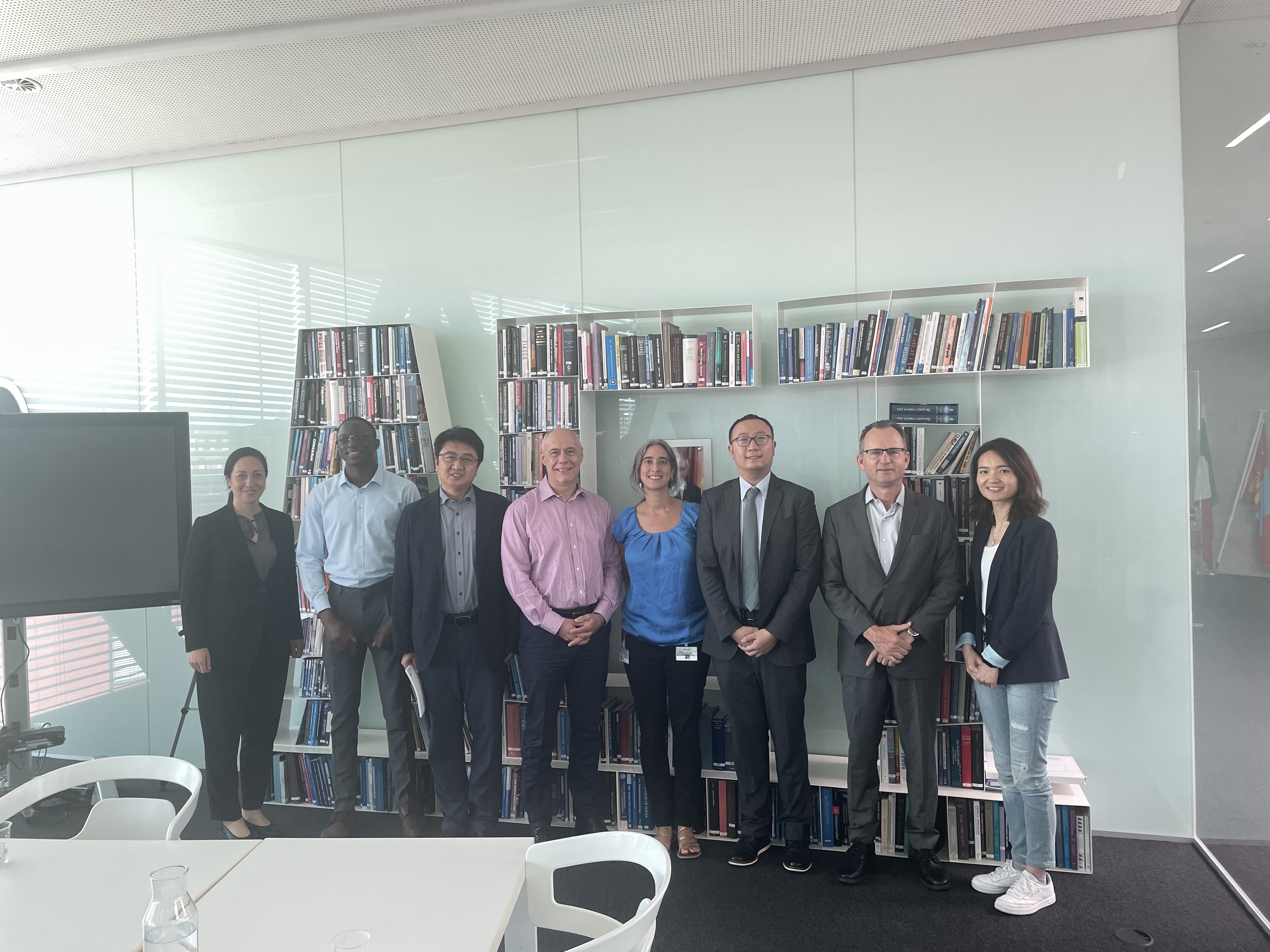project description
How do China, Japan, and Russia pursue multilateral and bilateral policies and programmes in developing, post-conflict, and state-building contexts? How do these practices shape and transform the global normative order of peacebuilding?
This SNSF-funded project investigates these questions in two complementary directions. First, it examines what these three peacebuilders (i.e., China, Japan, and Russia) do in specific country contexts (namely the Philippines, Timor-Leste, Madagascar, and Kazakhstan), analysing whether and how their practices challenge or reconfigure the “liberal” peacebuilding order on the ground. While the first three cases represent conflict-affected or fragile settings, Kazakhstan was selected for its distinctive state-building experience and its strategic role in articulating a multi-vector foreign policy, which provides a valuable vantage point for studying alternative approaches to order-making beyond post-conflict environments.
Second, the project looks at the interactions between the three peacebuilders and local actors in the processes of peacebuilding, revealing how their policies and programs are received locally. The analysis focuses on three general norms– state sovereignty, governance model, and human rights– which form the “norm matrix” governing the peacebuilding order. It explores how the three peacebuilders embed (or not) these general norms in their specific programs, based on a combination of practice-tracing, textual analysis, and semi-structured interviews with programme implementers.
The project is the first multi-year research project to investigate comparatively the practical enactment of norms by major “non-Western” powers. It also advances non-binary frameworks on the global normative transformation that will stimulate further research on norms and practices, rising powers, and international orders.
This project will be undertaken in collaboration with CCDP Research Associate Kazushige Kobayashi, Associate Professor of Peace Studies, College and Graduate School of International Relations, Ritsumeikan University, Kyoto, Japan.








